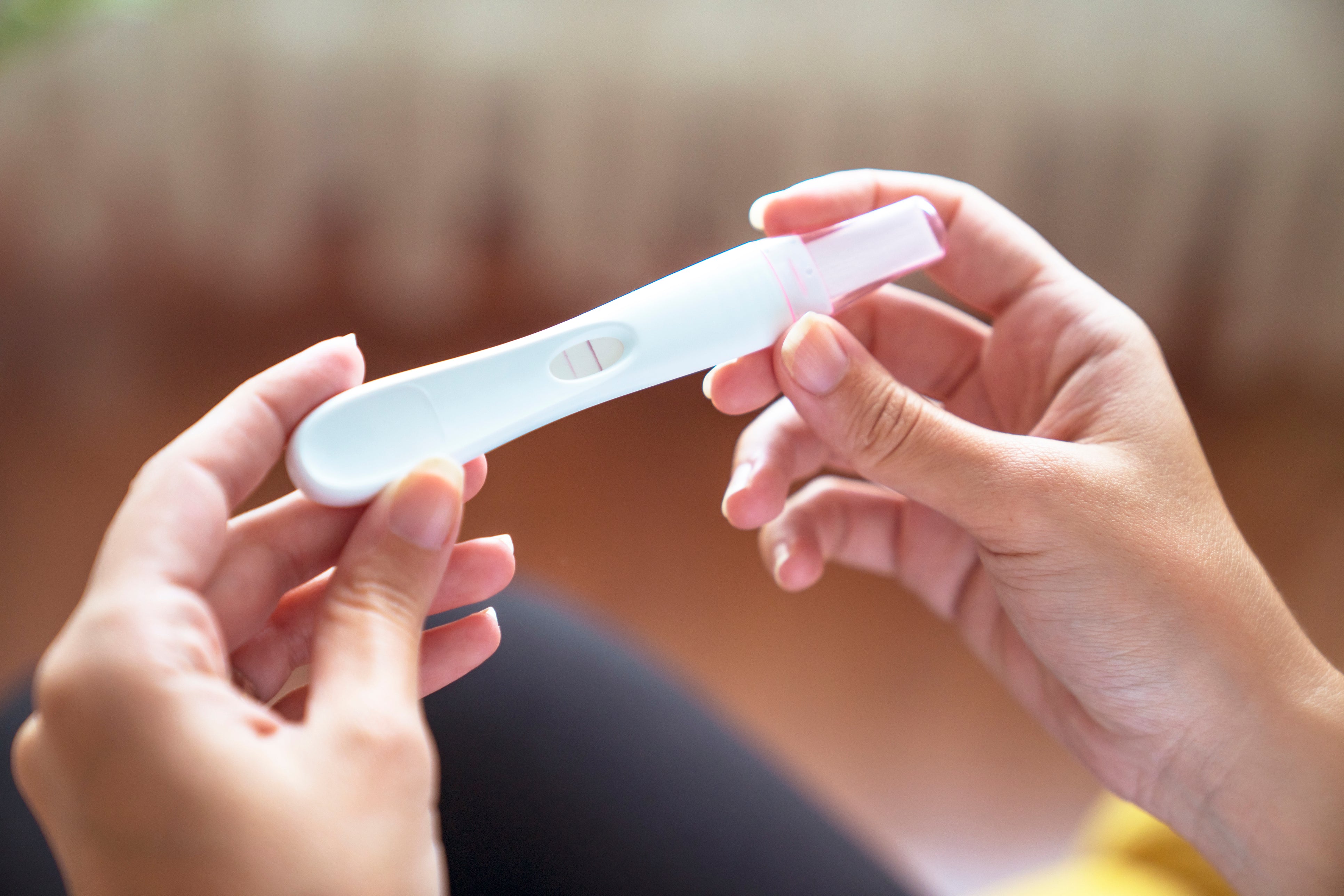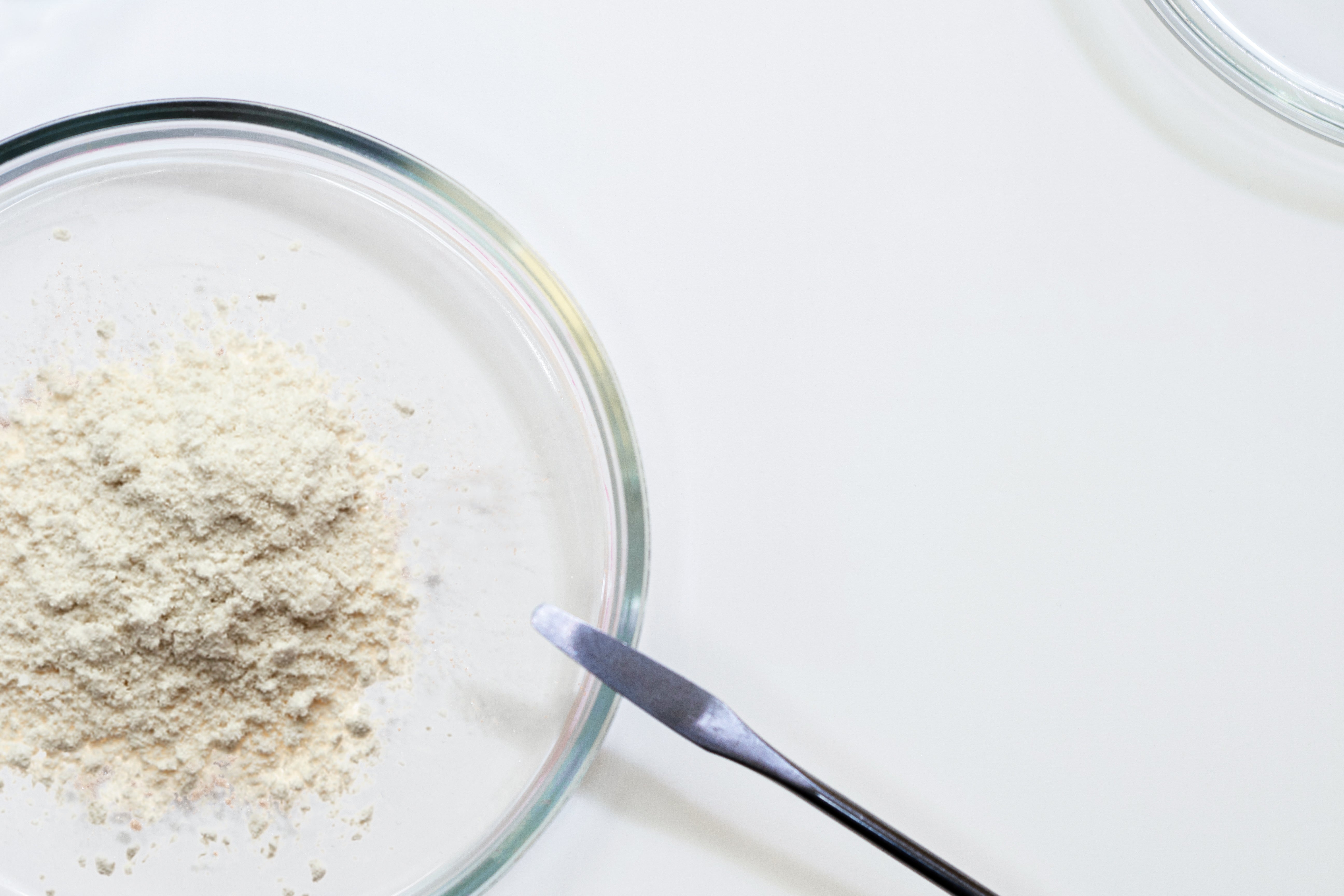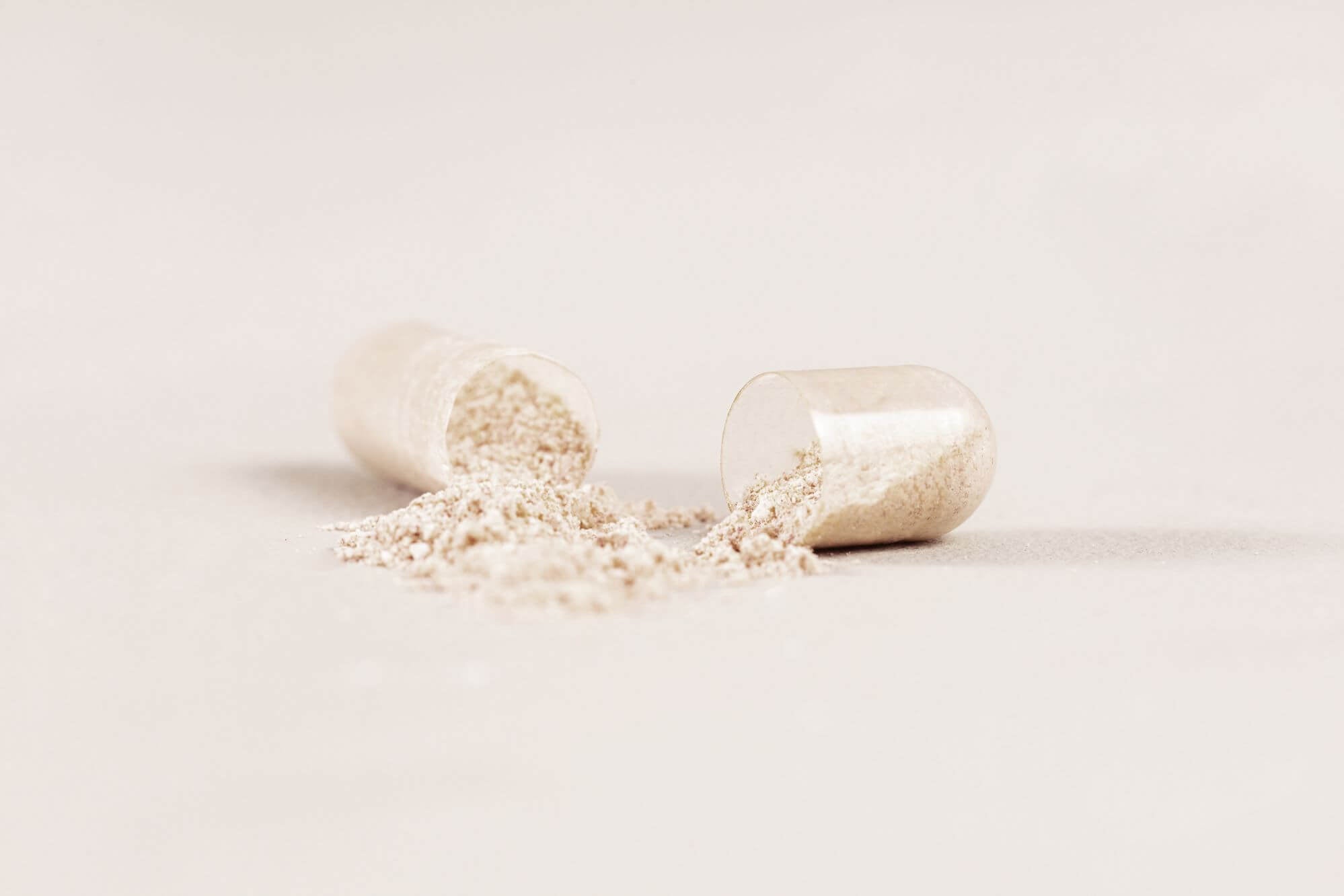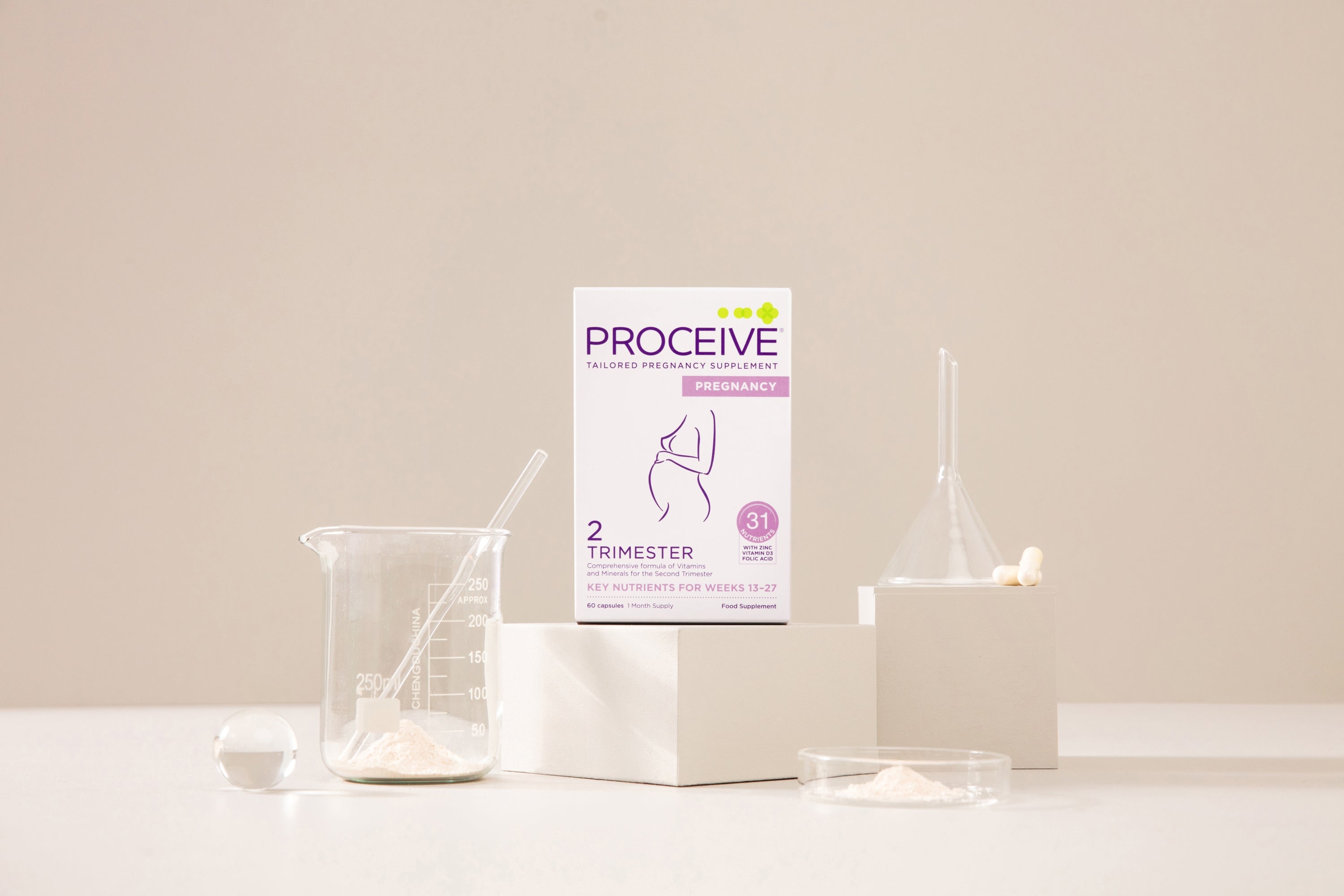
What to Expect in the Second Trimester?
The second trimester is the middle period of your pregnancy from 13 to 28 weeks. Often the second trimester marks a turning point - you will begin to feel slightly better and will start showing. You might even be told you have that pregnancy glow! Morning sickness usually lessens by this time and the extreme tiredness and breast tenderness tends to ease for most. Appetite may also increase, but be careful not to “eat for two” an additional 200 calories a day is sufficient during the second trimester.
As for your little one, the foetus will now begin growing in size and weight. He or she kicks, moves, and can turn from side to side. The eyes have been gradually moving to the front of the face and the ears have moved from the neck to the sides of the head. The foetus can hear and recognise your voice and they are busy developing reflexes, like swallowing and sucking. The placenta is fully developed during the second trimester. The brain will undergo its most important period of growth from the fifth month on.
You should begin to notice your baby moving in the second trimester. This may feel like fluttering or bubbles popping. At this stage your uterus has grown to the height of the belly button, for some women this can mean their belly-button might even pop outwards making the pregnancy more visible. The skin on your belly may begin to feel itchy as it grows and there may be some pain down the sides of the body as the uterus stretches. You could try a product like Bio-Oil to keep the skin supple and soft.
The lower stomach may ache as ligaments stretch to support the uterus. While the need to urinate often may decrease as the uterus grows out of the pelvic cavity, relieving pressure on the bladder, providing much needed relief if this has been something that’s been affecting you.
It is important to recognise how amazing your body is as it continue to work hard throughout the pregnancy to form your baby. By the end of the second trimester, your baby will be about 13 to 16 inches long and weighs about 2 to 3 pounds.

For Your Baby
Folic acid (L-Methylfolate)
Contains 400ug in its natural form to support greater absorption. Folic acid contributes to maternal tissue growth during pregnancy.
Bone Development
Calcium and Vitamin D support normal the maintenance of normal bones.
Heart
Vitamin B1 supports the normal function of the heart.
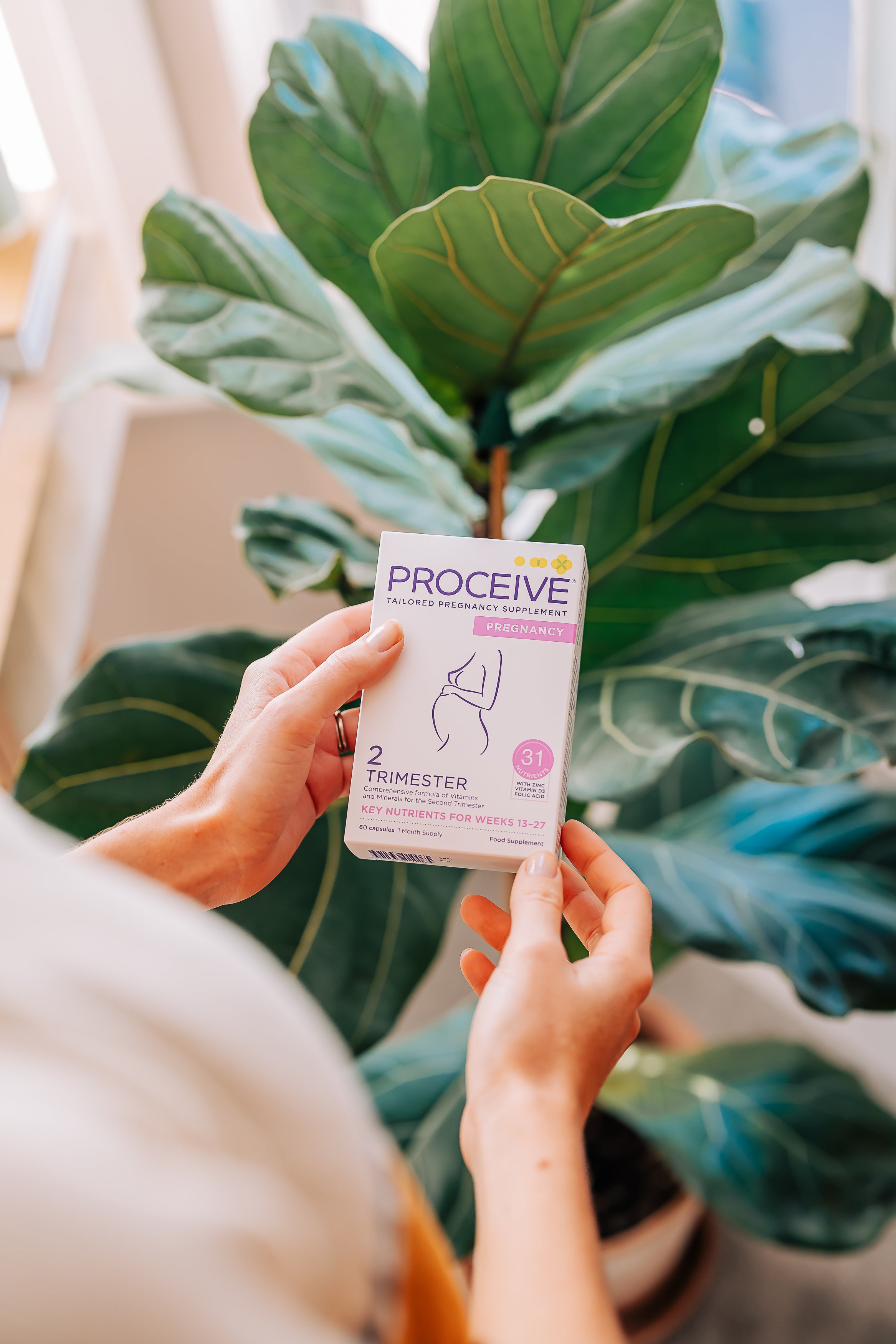
For You
Immune System
Zinc, Vitamin C and D contribute to the normal function of the immune system.
Energy Support
Vitamin B1 contributes to normal energy yielding metabolism.
Skin
As your bump begins to grow, Biotin and Vitamin B2 contribute to the maintenance of normal skin.
Blood Sugars
Chromium contributes to the maintenance of normal blood glucose levels.

For You & Your Baby
Our Omega 3 product can be taken for additional nutritional benefit for you and your baby.
Eyesight
Maternal intake of DHA contributes to the normal development of the eye of the foetus and breastfed infants.
Brain Development
Maternal intake of DHA contributes to the normal brain development of the foetus and breastfed infants.
Heart
Omega 3 EPA and DHA contribute to the normal function of the heart.
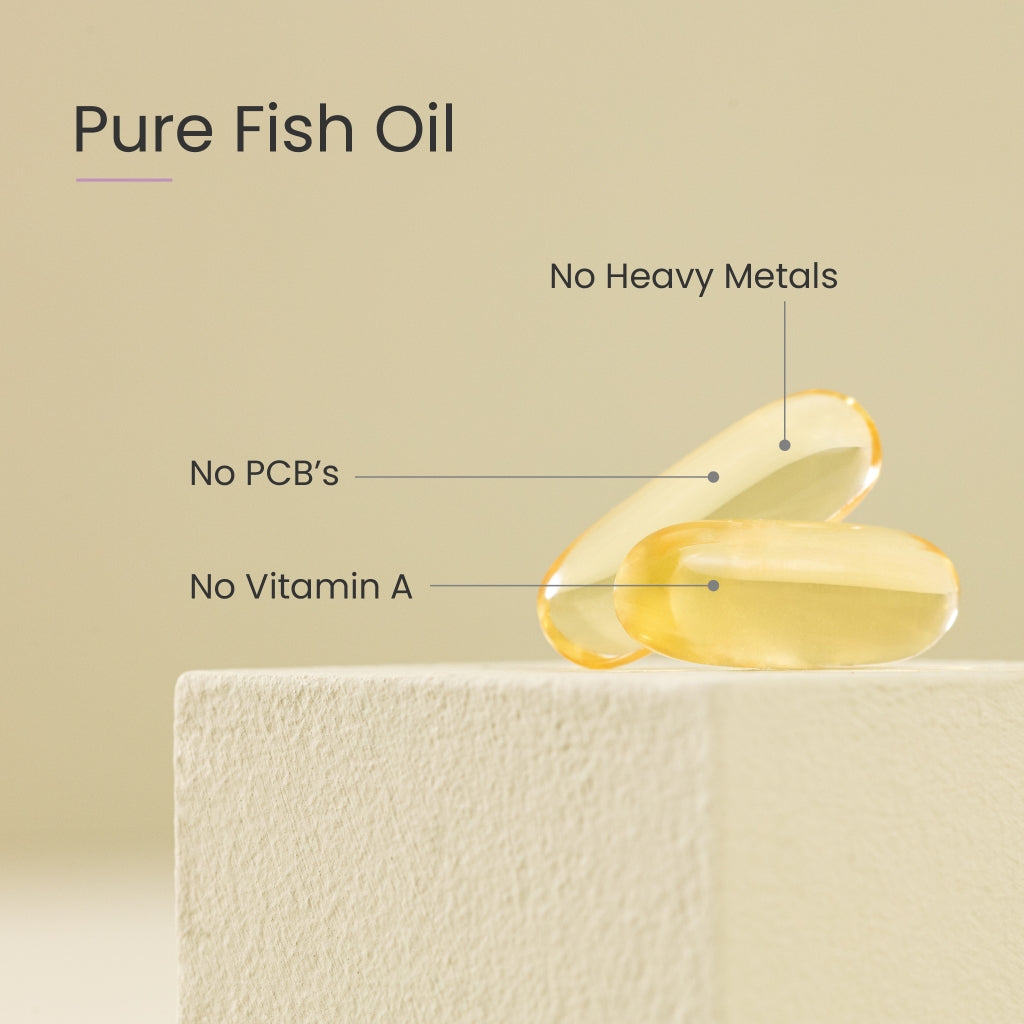
Omega 3
Omega 3 fatty acids are considered essential fatty acids (EFA’s). This means they are necessary for human health, but the body can’t make them - we have to consume them through food.
EPA (eicosapentaenoic acid) and DHA (docosahexaenoic acid) are two types of Omega 3 fatty acids that are abundant in oily fish, shellfish, and some algae. The body needs EPA and DHA omega 3’s to develop and function optimally at every stage of life. They are particularly important during conception, pregnancy and breastfeeding.









